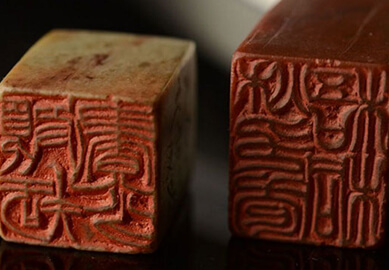Eastern Culture

Hangzhou, as one of China's famous historical and cultural cities and ancient capitals, has a long history, a profound culture, and many traditional cultures that have been preserved and integrated into people's lives. Silk, tea, traditional Chinese medicine, Hangzhou cuisine, seal engraving, and guqin art of Zhe School are the six most representative traditional cultures of Hangzhou. In addition, Hangzhou has distinctive Eastern cultures such as calligraphy and painting, jade carving, bronze carving, root carving, knife, scissors and sword culture, umbrella culture, and opera culture. The number of intangible heritage sites in Hangzhou has ranked first among sub-provincial cities in China for many years, fully demonstrating Hangzhou's rich cultural resources.
Hangzhou is also making great efforts in the following areas to better spread traditional Eastern culture and better showcase the characteristics of Hangzhou's traditional culture.
1. Building an Eastern Culture Experience Center
Specifically speaking, Hangzhou considers building a large cultural complex, Hangzhou Oriental Culture Experience Center in Zhijiang Area and making it a complex integrating Eastern Culture, including Hangzhou silk, celadon, seal engraving, calligraphy and painting, jade carving, bronze carving and root carving, and a medium with many functions such as cultural exchange, experience, production, exhibition, shopping and leisure.
2. Establishing a Group of National Cultural Exchange Bases.
To this end, Hangzhou will select a street with fascinating scenery and profound culture to create an Eastern culture and art street, focusing on traditional cultures such as calligraphy and painting. The goal is to build the street into the Hangzhou-version "Champs Elysées" and an important cultural exchange base in Hangzhou.
In addition, Hangzhou will choose from representative cultural sites such as Xixi National Wetland Park, Lingyin Temple, Jingshan Temple, Huqingyutang Pharmacy, Zhejiang Xiaobaihua Yueju Opera Troupe, etc., to build a group of Hangzhou international cultural exchange bases, and make sure that each base is equipped with interpreters and brochures in foreign languages, and these bases are stated in hotels' promotional brochures and websites, and marked in maps in foreign languages, etc. At the same time, we will work closely with government departments, enterprises and business entities to expand more channels for cultural exchanges and conduct more cultural activities.